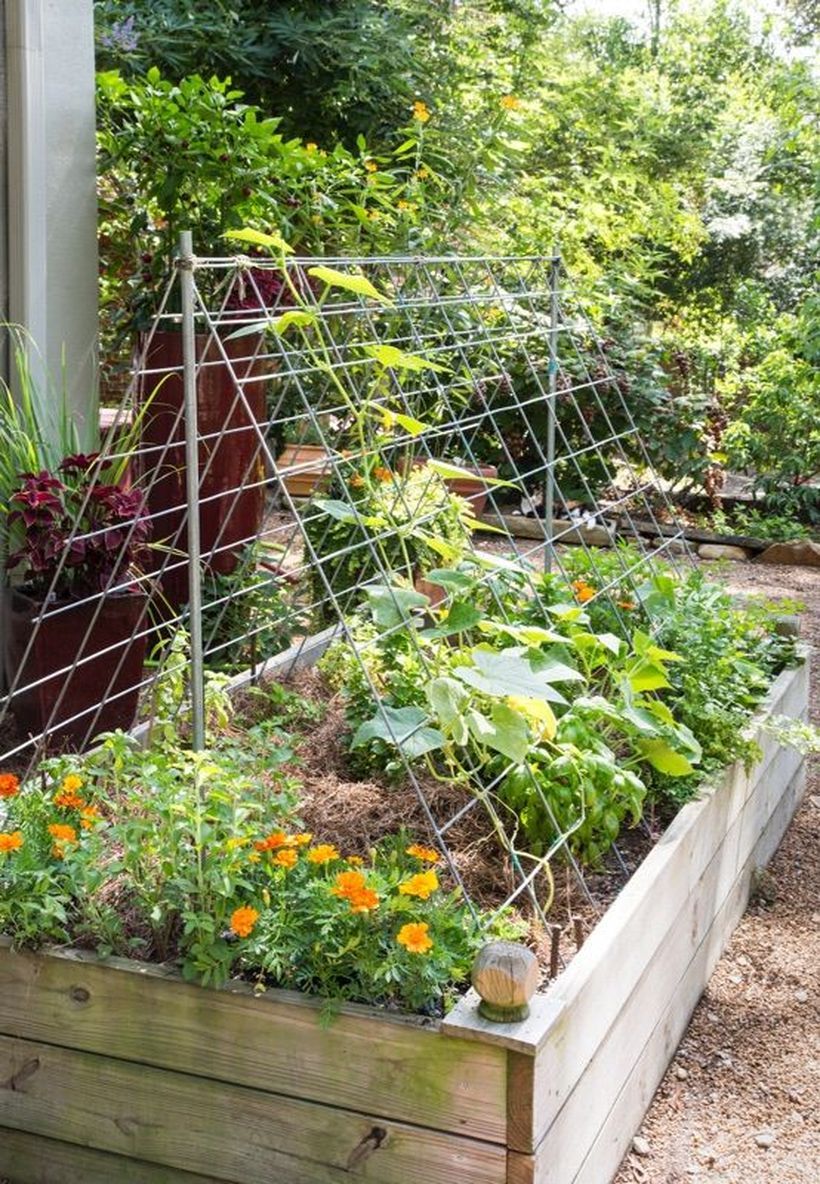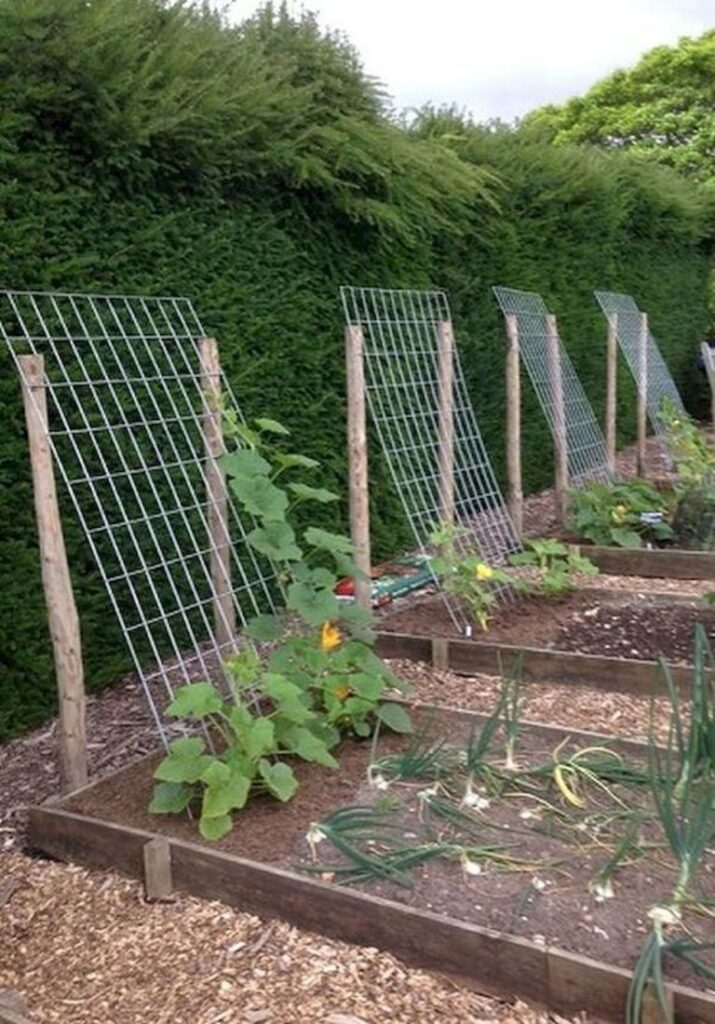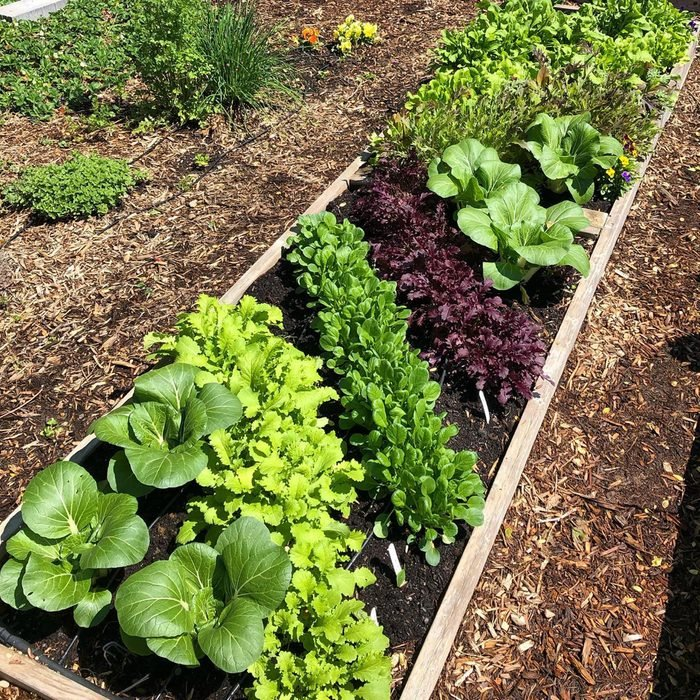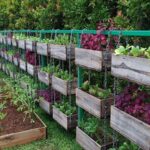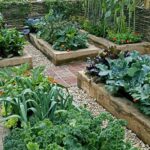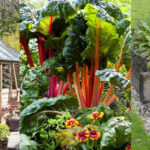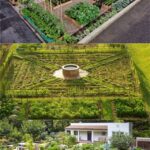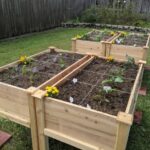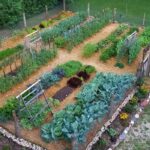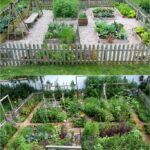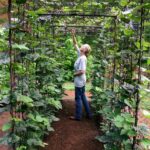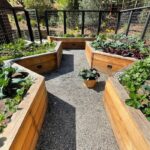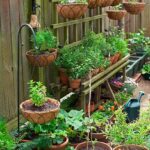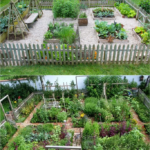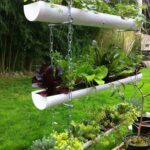Gardening is a popular pastime for many people, and growing your own vegetables can be a rewarding experience. With a little bit of planning and creativity, you can create a beautiful and productive vegetable garden in your own backyard. Here are some garden ideas for growing vegetables that can help you get started.
One idea for a vegetable garden is to create raised beds. Raised beds can help to improve soil drainage and prevent soil compaction, while also providing a defined space for growing your vegetables. You can build raised beds out of wood, stone, or even recycled materials such as old tires or pallets. This can add a unique and eco-friendly touch to your garden.
Another idea for a vegetable garden is to incorporate vertical gardening. Vertical gardening allows you to grow more vegetables in a smaller space by using trellises, stakes, or other structures to grow plants vertically. This can be especially useful for vining vegetables such as tomatoes, cucumbers, and peas, as well as for space-saving crops like lettuce and spinach.
Companion planting is another great idea for a vegetable garden. Companion planting involves planting different crops together that benefit each other in some way, such as repelling pests or providing nutrients. For example, planting marigolds around your tomatoes can help to deter pests, while planting beans near corn can help to provide additional nitrogen to the soil.
Herb gardens can also be a great addition to a vegetable garden. Herbs such as basil, thyme, and oregano can not only enhance the flavor of your vegetables, but also help to repel pests and attract beneficial insects. You can plant herbs directly in your vegetable garden or create a separate herb garden nearby.
Container gardening is a versatile idea for growing vegetables, especially for those with limited space or poor soil quality. You can grow a wide variety of vegetables in containers, from tomatoes and peppers to lettuce and herbs. Containers can be placed on a patio, balcony, or even on a windowsill, allowing you to enjoy fresh vegetables even in small spaces.
Finally, consider incorporating sustainable gardening practices into your vegetable garden. This can include using organic fertilizers and pest control methods, conserving water through rain barrels or drip irrigation, and using mulch to reduce water evaporation and weed growth. By taking these steps, you can create a healthy and environmentally-friendly garden that will provide you with fresh, nutritious vegetables for years to come.
 yishifashion Where Outdoor Dreams Become Reality
yishifashion Where Outdoor Dreams Become Reality
